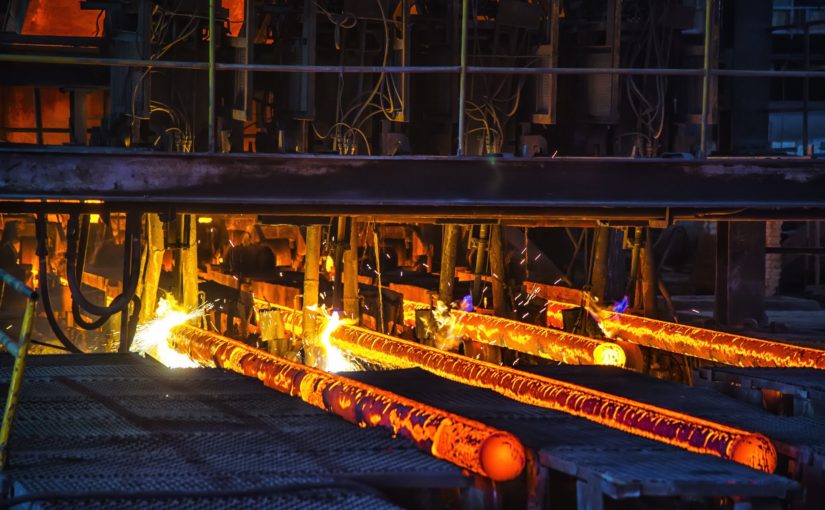Steel valves play a prominent role in almost all industries. The production of steel valves plays a crucial role in determining the level and duration of the productivity of industrial devices and appliances. The two major ways steel valves are produced are through Forging and Casting. Both of these methods come with many perks, but one is definitely better as a whole than the other. To know more about the key differences and what makes one better than the other, let’s understand each of their processes first.
Forged Steel Valves
Using the forging method, forged steel valves are manufactured through a very meticulously designed process. Shaping the steel in its solid form through industrial machinery which uses heat and compression tools, the steel is bent through excessive compression forces, and dies are used to cut and provide the shape to create various kinds of valves.
Casting Steel Valves
As the name suggests, the process of casting involves melting the steel, and then molding into the required shapes by putting it into molds. Once the liquid steel has solidified, it is broken out of the mold or ejected from it.
Key Differences Between Forged and Casting Steel Valves
| Forged Steel Valves | Casting Steel Valves |
|---|---|
| The process can be performed in most temperatures due it not being dependent on the heating element too much | The process can only be performed in melting point temperatures for steel |
| No wastage of the core material | The core material might be wasted due to the molten steel being cast into molds |
| Manual involvement is minimal for forged steel valve manufacturing | Manual involvement is constantly needed in every phase of casting steel valves |
| High density and strong finished products | Comparatively lower density finished products than forging process |
| Forged steel valves have less wall thickness, making them more efficient and reliable | Casting steel valves usually have thick walls, which makes them prone to thermal fatiguing |
Pradeep Metals, as forged steel valve manufacturers, has recognized the many perks forging has over the casting process for steel valve manufacturing and aims to utilize its full potential in the industrial marketplace. Although the casting process is a cheaper process, and hence, generates more revenue, the growth of the forging industry has been colossal and easily beats out the casting industry. For instance, the forging industry has grown at a CAGR of 9.5% by 2018, making it clear that by 2023, it will leave behind the casting industry which is supposed to grow at a CAGR by 12.7% till 2023.
Pradeep Metals looks to leverage its growth as forged steel valve manufacturers by using state of the art machinery to expand our functionality, to improve the quality, as well as the quantity of manufactured steel valves. Being one of the top forging companies in India, Pradeep Metals aims to expand its operations globally, and continue its trend of increased turnover and higher profitability.


